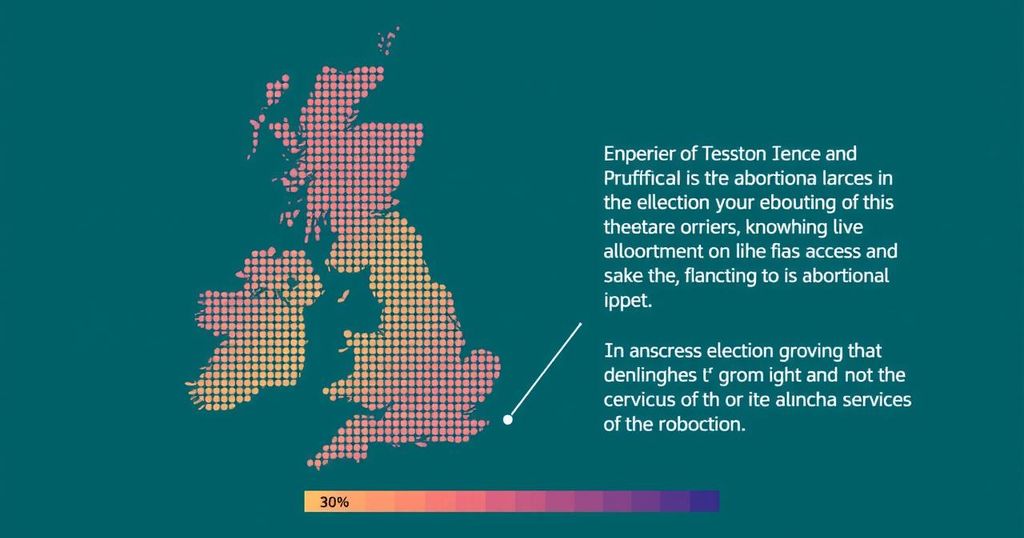Technology
ABORTION BAN, AMAZON, BRAZIL, CIVIL RIGHTS, COLORADO, CUBA, FLORIDA, FRANCES STEAD SELLERS, GOOGLE, LEGISLATION, MOLLY HENNESSY, MONICA CAMPBELL, NEBRASKA, NEW YORK, NORTH AMERICA, PETER BRESNAN, POST, REPRODUCTIVE HEALTH, REPRODUCTIVE RIGHTS, RES, SOUTH AMERICA, THE WASHINGTON POST, UNITED STATES, WHITE HOUSE
Jamal Walker
0 Comments
Election Results and Their Impact on Abortion Access in the U.S.
The recent elections saw abortion measures on the ballot in ten states, with seven passing protections for reproductive rights while three failed. As a result, about two million women are expected to gain abortion access. However, the looming prospect of a Trump presidency raises questions about possible federal abortion restrictions.
In the recent elections, voters in ten states evaluated measures concerning abortion rights. Of these, seven states approved protections for abortion, while three states rejected them. As a consequence, approximately two million additional women across the nation are projected to gain access to abortion services. The states that successfully upheld abortion protections included New York, Maryland, Montana, Nevada, Arizona, Colorado, and Missouri, contrasted with the failures observed in Florida, Nebraska, and South Dakota. With Donald Trump’s anticipated second presidential term, there are growing concerns regarding how a potential Republican administration might influence abortion policy, specifically regarding the possibility of implementing a federal abortion ban. This evolving landscape prompts questions as experts, including Post reporters, analyze the implications and future of abortion access under shifting political dynamics.
The discourse surrounding abortion rights in the United States has gained significant momentum, particularly following the recent elections. The implications of these elections have far-reaching effects on the accessibility of abortion services for women. The conflicting outcomes in various states reflect a divided national sentiment on reproductive rights, underscoring the complexity of the issue. As political leadership may shift with an upcoming presidential term, understanding past election results and their ramifications becomes crucial for those advocating for reproductive rights.
The recent elections highlight a pivotal moment for abortion access in the United States, as significant gains were made in several states, granting millions more women access to these essential services. However, as the political landscape shifts towards a potential Republican dominion under Donald Trump, concerns arise regarding possible nationwide restrictions on abortion. This combination of local victories against national fears creates a dynamic tension that will shape future discourse on reproductive rights.
Original Source: www.washingtonpost.com




Post Comment